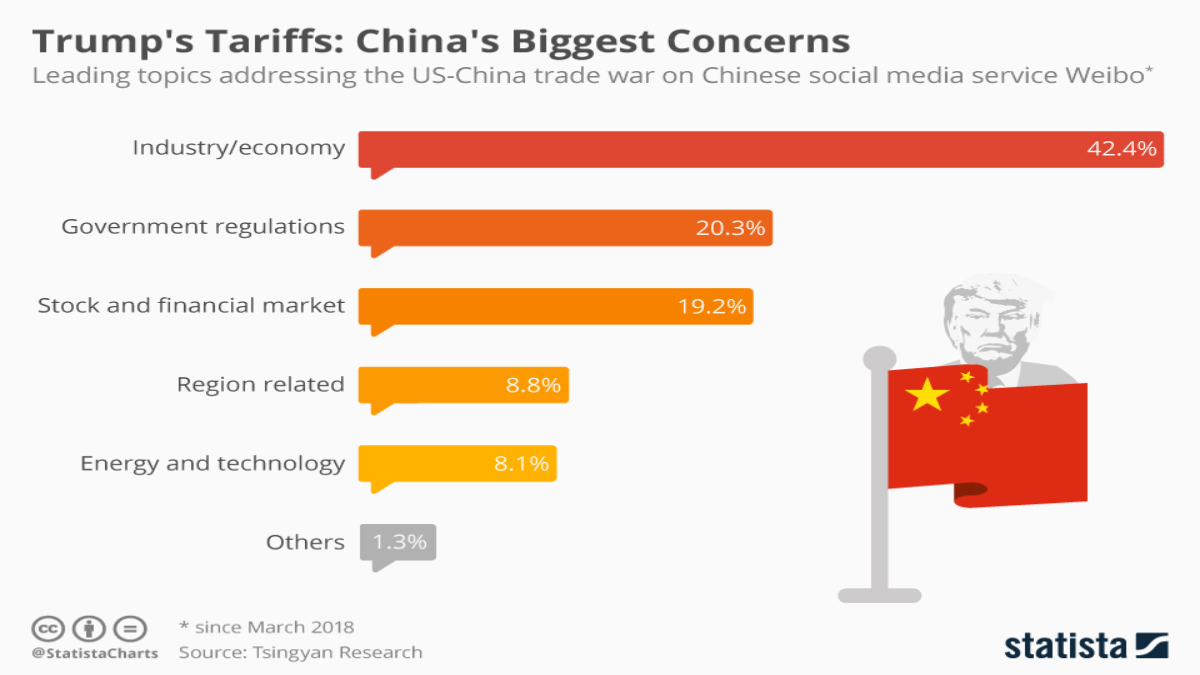Recent developments indicate that U.S. President Donald Trump’s tariff policies are influencing Chinese companies to reconsider their strategies in India. The Trump administration has announced plans to impose reciprocal tariffs on countries like India and China, aiming to establish fair trade practices. This move is prompting Chinese firms to adapt to India’s terms to maintain their market presence.
In response to these tariff threats, India is actively seeking to finalize a trade agreement with the United States by autumn 2025. Finance Minister Nirmala Sitharaman emphasised India’s commitment to reducing tariffs on over half of its $41.8 billion imports from the U.S. in 2024, aiming to double bilateral trade to $500 billion by 2030.
U.S. Vice President JD Vance’s recent visit to India underscores the importance of strengthening bilateral ties amidst these trade tensions. His discussions with Prime Minister Narendra Modi focused on achieving a trade agreement to prevent steep U.S. tariffs and reviewing progress on fair trade and defense cooperation.
These developments suggest a shift in global trade dynamics, with Chinese companies potentially aligning more closely with Indian regulations to mitigate the impact of U.S. tariffs.
For instance, Danny Lau, owner of Kam Pin Industrial, a Hong Kong-based aluminum-coating factory in Dongguan, China, reported that escalating U.S. tariffs—now at 145%—have severely impacted his business, with one-third of his clients from the U.S. reconsidering future orders. In response, Lau is exploring new markets in the Middle East to offset the decline.
Similarly, Zhuoyuan VR Tech, a Chinese virtual reality equipment manufacturer, has shifted focus to emerging markets in Southeast Asia, Latin America, and the Middle East. The U.S. now represents less than 10% of its business, with half of its orders coming from abroad, particularly from Asia-Pacific nations like India.
These strategic shifts by Chinese companies highlight the broader impact of U.S. tariffs on global trade patterns, with India emerging as a significant alternative market.

